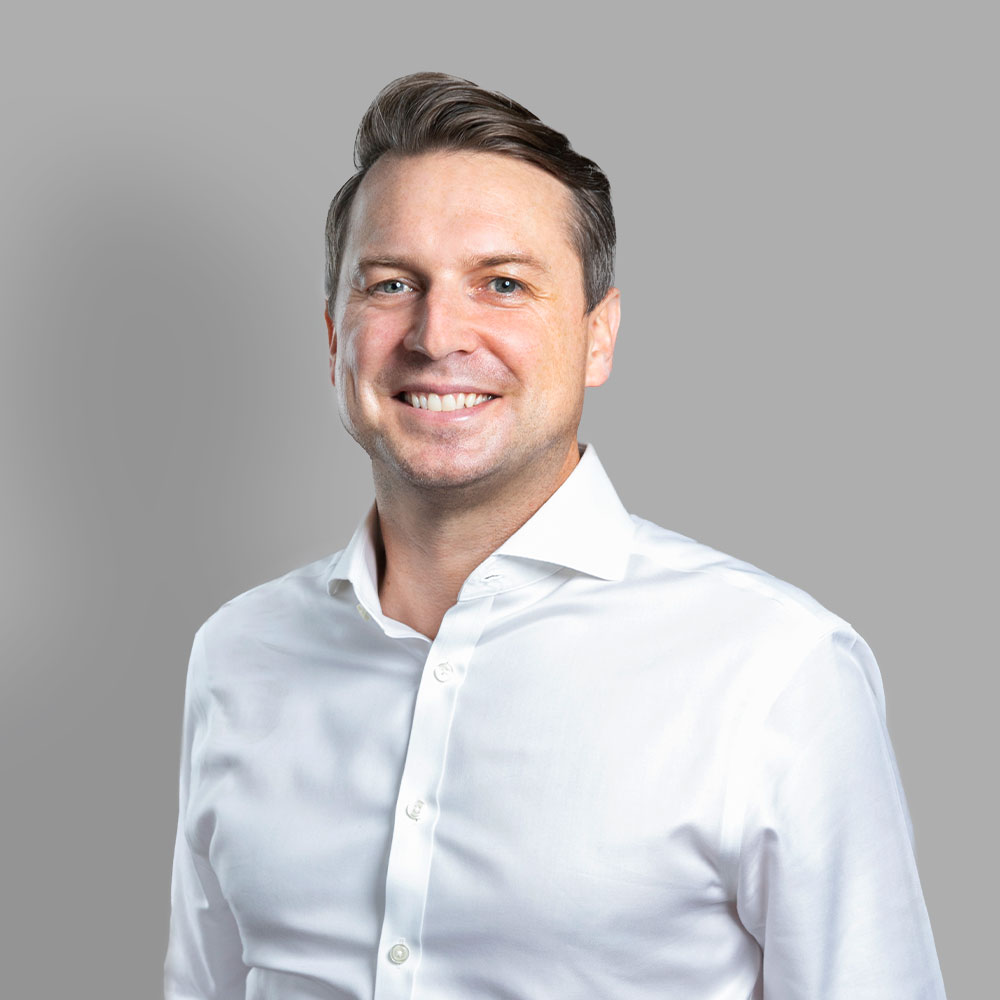
You’ve had a different career path than many others at Carl Marks Advisors, having started at the firm, then left and returned. Can you tell us about your journey and what drew you back to Carl Marks Advisors?
I was originally at Carl Marks Advisors from 2015 until 2018. During that time, I built a network of buyside funds that invested in interesting/nuanced assets. Although I have always enjoyed investment banking, and in particular financial restructuring, I was interested in applying what I had learned over the years to principle investing.
Ultimately, what drew me back to Carl Marks Advisors was the people. As I progress through my career, I place increasing importance on the people I work with. I enjoy the collaboration, mentorship, and constructive strategic discussions that occur when you’re a part of a great and likeminded team.
What originally drew you to a career in restructuring and investment banking?
Unlike many, I didn’t have any preconceptions about the financial restructuring profession prior to starting my career. I had spoken to several investment banking firms while I was in undergrad and I remember leaving the discussions impressed. The people interviewing me were well-spoken, driven, and were involved in matters I was reading about in the Wall Street Journal. Around that same time, I read about a larger restructure occurring where creditors were converting debt to equity, and the company was selling off assets via 363, significantly deleveraging newco. I remember enjoying learning about all the moving pieces and as a result, I began researching investment banking firms that specialized in financial restructuring, eventually landing an analyst role in Los Angeles.
What lessons were you able to bring back to Carl Marks Advisors from your time private equity?
As a result of my experience in private equity, I have a better understanding of what each party involved in a deal wants to accomplish which provides me with a more comprehensive view of the transactions I’m executing. The most important lesson I learned was how to look at transactions from an ownership perspective, i.e. where might investors find value in the companies we’re restructuring, and how might they approach structuring the deal? It’s been invaluable as I approach deals from the opposite side.
When you first worked at Carl Marks Advisors, you focused on operational and restructuring work, but now focus on transactional work. How do the two compare?
I think of the two functions as balance sheet/financial restructure work versus income statement/ operational restructure work, with some overlap between the two – nearly every engagement has both balance sheet and income statement elements that need to be considered. However, on the transactional side, we’re primarily engaged to effectuate some kind of financial restructure after determining strategic options for our clients. It typically involves M&A, capital raise, refinancing or recapitalization, etc., all of which impact the balance sheet.
On the operational restructure side, we are primarily engaged to assess business performance and liquidity, determine revenue and expense drivers, or take on interim management/officer roles such as CRO and CFO.
What’s great about Carl Marks Advisors is they offer both services and you can determine for yourself what kind of work you’re most interested in.
COVID-19 certainly changed things for most companies over the past year. What are two to three takeaways you can share based on the work you’ve been doing for Carl Marks Advisors?
There remains a great deal of uncertainty for all stakeholders in the market including companies, lenders, investors, etc., due to the challenge of predicting when conditions will normalize. In many cases, lenders and investors are kicking the can down the road while companies do their best to retain talent and maximize their operations.
That said, capital structures have developed more complexity in recent years as alternative investors have become more common within them. Goals often differ from traditional lending sources and there have been some instances where we see alternative investors taking action where we might not have otherwise seen occurring 5 to 10 years ago.
Additionally, the amount of leverage continues to grow as new first lien, second lien and mezzanine financing is deployed, creating inter-capital structure transactions and other more nuanced restructures. Investors are attempting to optimally position themselves within the capital structure in preparation for whatever comes next as the pandemic ends.
What’s the first thing you plan to do or place you want to go once COVID-19 restrictions lift?
I enjoy travelling internationally and Paris is my favorite city outside of New York. I think I’ll hop on a plane and head to Paris for a few days, and then afterwards take a train down to Milan, Bologna, and Florence.
